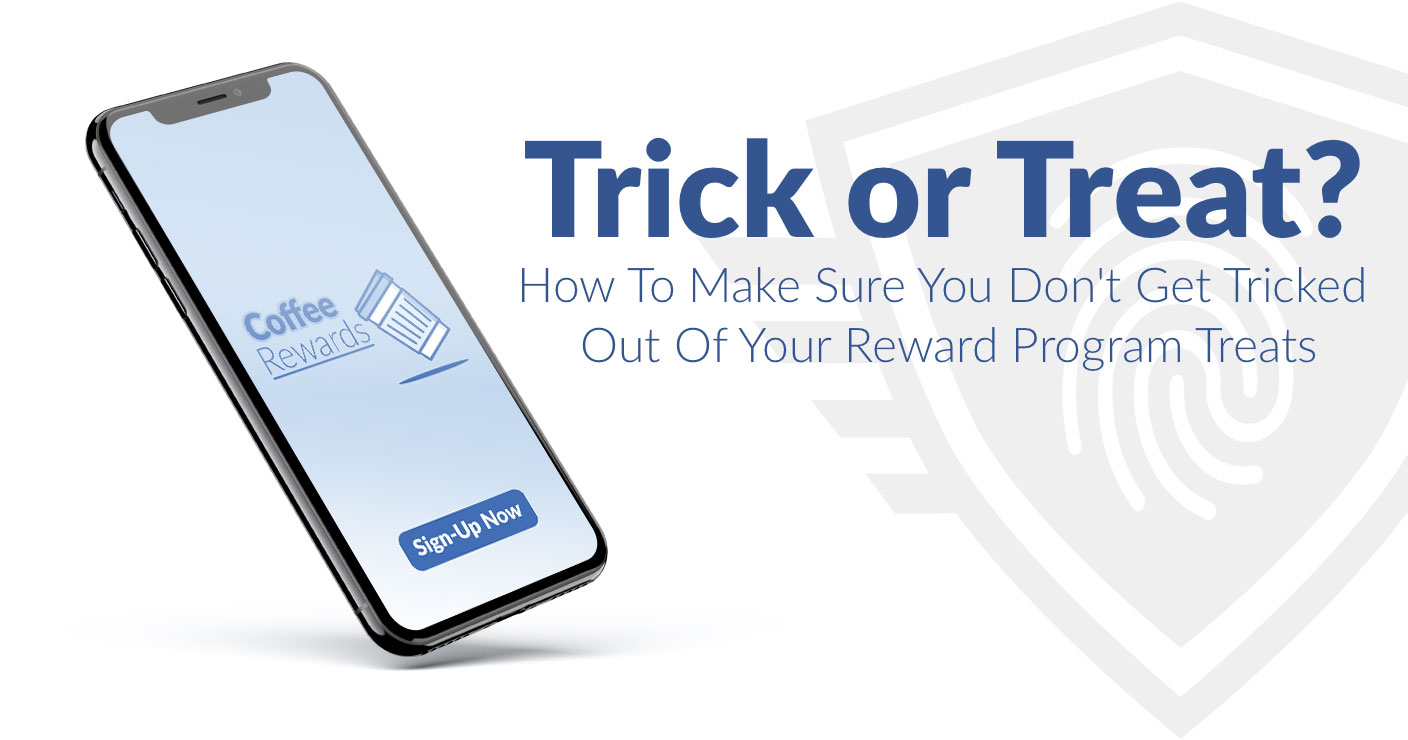
There are a lot of benefits to giving up your information. You could get a free sandwich from your favorite restaurant in exchange for a simple email address. If you add your credit card information to your coffee app you can get free coffee. Or, if you fill out an online form, you could win a pair of headphones. I would be willing to bet you have encountered something similar to one of these scenarios within the past day or so. These are common marketing tactics to get you to give out as much of your information as possible to companies so they can sell to you, email you, and track your buying habits. In 2020 they are almost a way of life, and some would argue that a free sandwich is fair compensation for an email address.
But everything comes with a price, and that “free” sandwich can come with more than you bargained for. As discussed in past blogs anyone can be the victim of a breach. The more places you give your information to, the more chances you have for being a part of a breach. Over the past few years Dunkin Donuts, Marriot Hotels, multiple airlines, and more, have all been victims of data breaches. These programs look a lot like the candy dish on Halloween that says “Take One” to a cyber-criminal. Most people use a simple password when signing up for these programs (possibly one they use frequently), they don’t keep a close eye on them, and not many of the programs have two-factor authentication.
So how do you safeguard your information but still participate in rewards programs? Like everything when it comes to identity theft protection, it’s about being vigilant. First, give out as little information as possible. It can be tempting to add more information in exchange for more points or freebies with these accounts. But, when it comes to giving out your information, less is more.
Second, manage your passwords properly. It’s easy to think that just because one password works you should use it for all of your accounts. The truth is you should use unique passwords for all of your email, social media, and reward accounts. This makes it more difficult for someone who may have access to one of your accounts already from accessing any of your other accounts that may have more sensitive information.
Third, watch all of your accounts. I know it sounds tedious but if you’re willing to hand out your information you need to watch it, especially if your credit card information is connected. Just like watching your credit card accounts, look for unfamiliar purchases, changes to your information, and any other suspicious activity.
Finally, make sure your IDSeal account is up to date with the email addresses you have attached to these accounts. If these emails are found on the Dark Web due to a data breach, IDSeal will alert you so you can change your passwords and protect yourself.
Reward and loyalty accounts can be fun and rewarding. But, make no mistake; free rewards are not free, and if there is a breach, it can cost you a lot more down the road. There is no need to live in fear! Participate in reward accounts, get your free sandwich, but be vigilant and protect your information before the only thing you get from your accounts are headaches.
Start protecting your identity today! Signing up is quick & easy
Remember, 1-in-4 Americans are the victim of identity theft. It's not a matter
of if you'll become a victim, it's when...